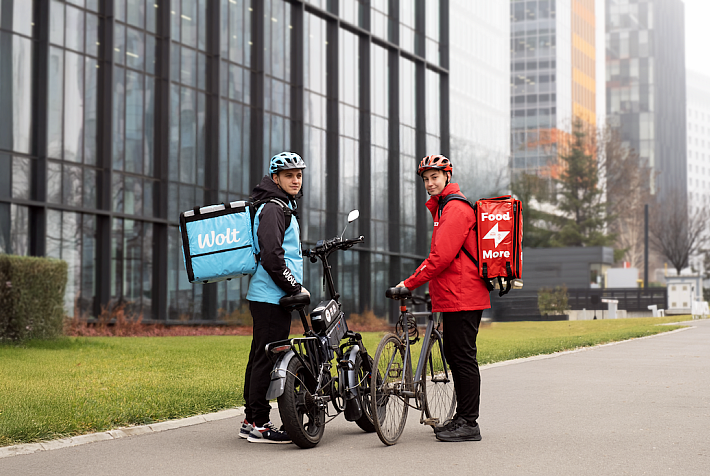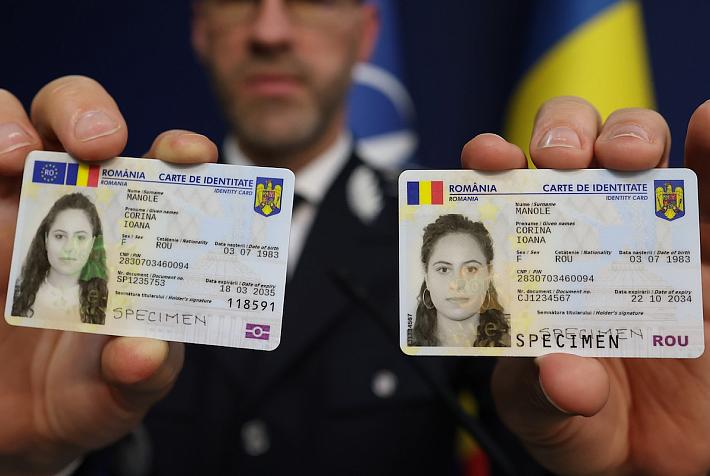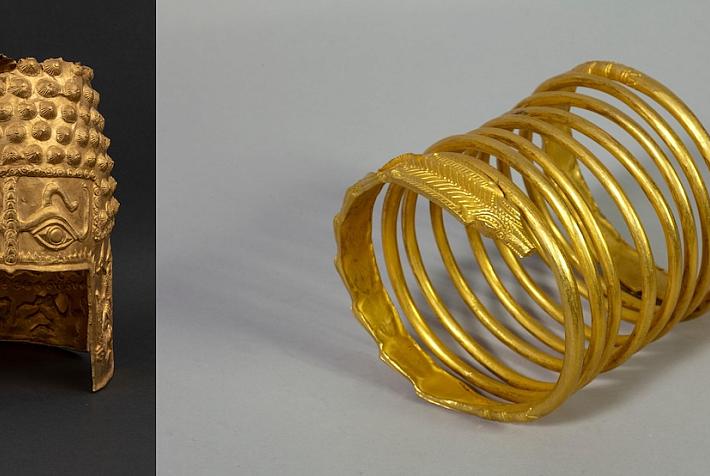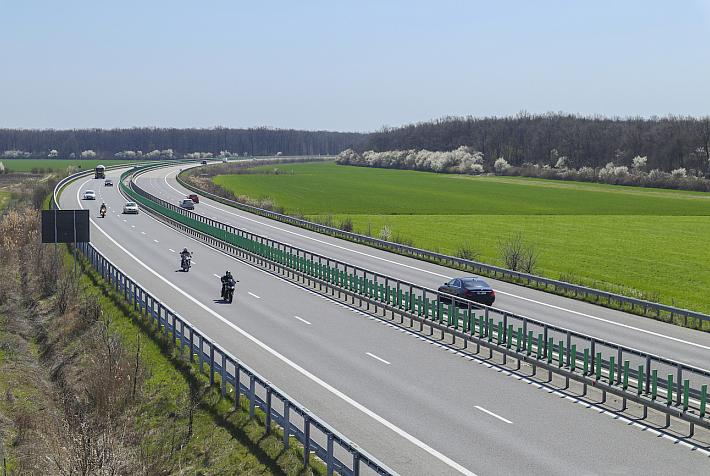Romania from the outside: Fire all politicians, hire web developers

Guest Writer Leon Schnell looks at what Romania - and other countries - could do to shake off their stereotype - based image, starting with the Internet.
Roll in, ladies and gentleman, grab a chair and gear up for this week’s latest installment from South Africa. Last week I told you about myself, but this week I’d like to ask that universal question: why is it that the very groups of people we vote into power generally seem to have no clue about the simplest issues?
The perfect example of this recently came out of South Africa, when it was announced that the website for one of the provincial governments had cost R40 million to develop (with ZAR 1 = 0.37 RON, that means RON 14.7 million, or some EUR 3.2 million). Adding insult to injury, it’s a technically uninspiring site. The tender document proposed would have seen it become the most expensive website in the country. Luckily this issue hit the media, and I think some people are going to be answering some very hard questions.
If you Google ‘Romania’, the following three results are returned, in this order: Romania’s Wikipedia page; Romania Tourism’s official website and Romania’s entry in the CIA World Factbook. If you Google ‘United States of America’, the same results appear in that order, except your second result is for ‘USA.gov: the US Government’s Official Web Portal’.
Before I explain why that’s such an important difference, it’s old news that Romania’s position on the international stage is fairly unknown. If I search for ‘Romania’ on a popular South African news site, the stories which are returned relate to Romanian women in tennis, the current horse meat scandal and an off-beat story about Romanian police removing four lions and two bears from the estate of a ‘notorious Romanian gangster, who reportedly used them to threaten his victims.’
It’s ok, I don’t expect that South Africa does any more than blip on Romania’s radar either. My point, however, is that governments of small countries need to start taking control over their public image on the global stage, and the primary stage is the Internet.
There’s great opportunity here, and I don’t know that governments have fully wrapped their heads around this. It reminds me of the famous saying – speaking about the leveling function of guns – “God made man, but Samuel Colt made them equal.” There is absolutely no reason why Romania’s top listing online cannot be equally as impressive as the United States’: it’s not about money (the SA example proves as much) but rather about positioning.
From the start, of course, Romania is hobbled: the primary listing is a small effort controlled by Romania Tourism, and it’s up against a platform website for the whole of the United States government. Also, interestingly, Romania Tourism’s website lists these as the country’s ‘Main Attractions’: Black Sea resorts, Castles and Fortresses, Danube Delta, Medieval Towns, the Painted Monasteries, Traditional Villages ... you get the picture.
Small countries need to stop perpetuating stereotypes if they want to be taken seriously. While South Africa needs to stop showing videos representing the country internationally which are focused on wild animals and tribal dances, I’d suggest that Romania could sell itself a lot higher than ‘The Carpathian Garden’.
Something I’d also like to see from governments is more care for immigrants. This is where the United States’ website shines: under the homepage’s ‘Visitors’ link, you have a wealth of information on immigration, citizenship, the country’s history and culture ... on Romania Tourism’s website, there appears to be no recognition that people would want to stay for anything longer than a holiday.
There’s a good reason why developing countries need to focus on immigrants. Tourists come, spend money and leave, but immigrants bring their skills and their dreams to invest for years or life. While both South Africa’s and Romania’s citizens are dreaming of emigrating to greener pastures, both countries could benefit from attracting skilled immigrants.
I know there’s always this perception that immigrants are a problem because they take local jobs, but if you look at the larger view immigrants who want to work in a country will work harder and more imaginatively than a citizen who is bored with their job and wouldn’t mind leaving. Businesses which realize that, and countries which embrace immigrants through the provision of detailed information on their websites, stand to benefit.
Yes, obviously I’m biased as a would-be immigrant. That’s the whole point of this range of stories: my attention is focused somewhere yours – as a forward-thinking and English-speaking Romanian citizen or expatriate – may not be, while you’re wrapped up in the general concerns of life.
I realize this is still a fairly macro view of my journey to Romania, but we’ll get into the gritty detail soon enough. In the meantime, I’m staggered by the number of e-mails I received after my first article: thanks for being such involved readers! Until next time, pe curând...E-mails are welcome – these can be directed to leonschnell@gmail.com.












